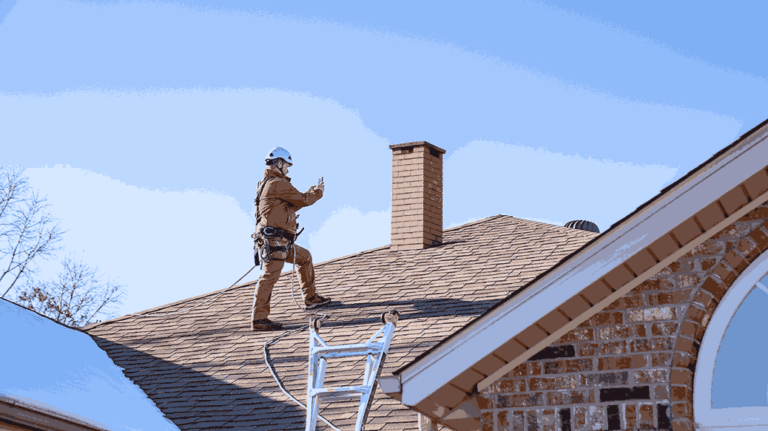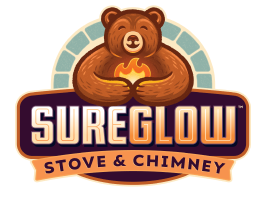What you get from SureGlow Stove and Chimney – Kansas City:
- We’ll come to your home
- Analyze your new fireplace installation needs
- Present personalized solutions on what to do next
- Financing options available!
- 100% satisfaction guaranteed
Trusted by Your Neighbors Near the Cassville, MO Area
Reliable. Honest. Quality.
SureGlow Stove & Chimney.
SureGlow Stove & Chimney is here for all of your Chimney Repair needs!
- Thoroughly Vetted & Certified Chimney Leak Professionals
- Friendly Customer Service Representatives
- Online Scheduling Available
- Reliable, On-Time Service
- The Local’s Choice for Chimney & Fireplace Services
- Home Of The Forever Warranty
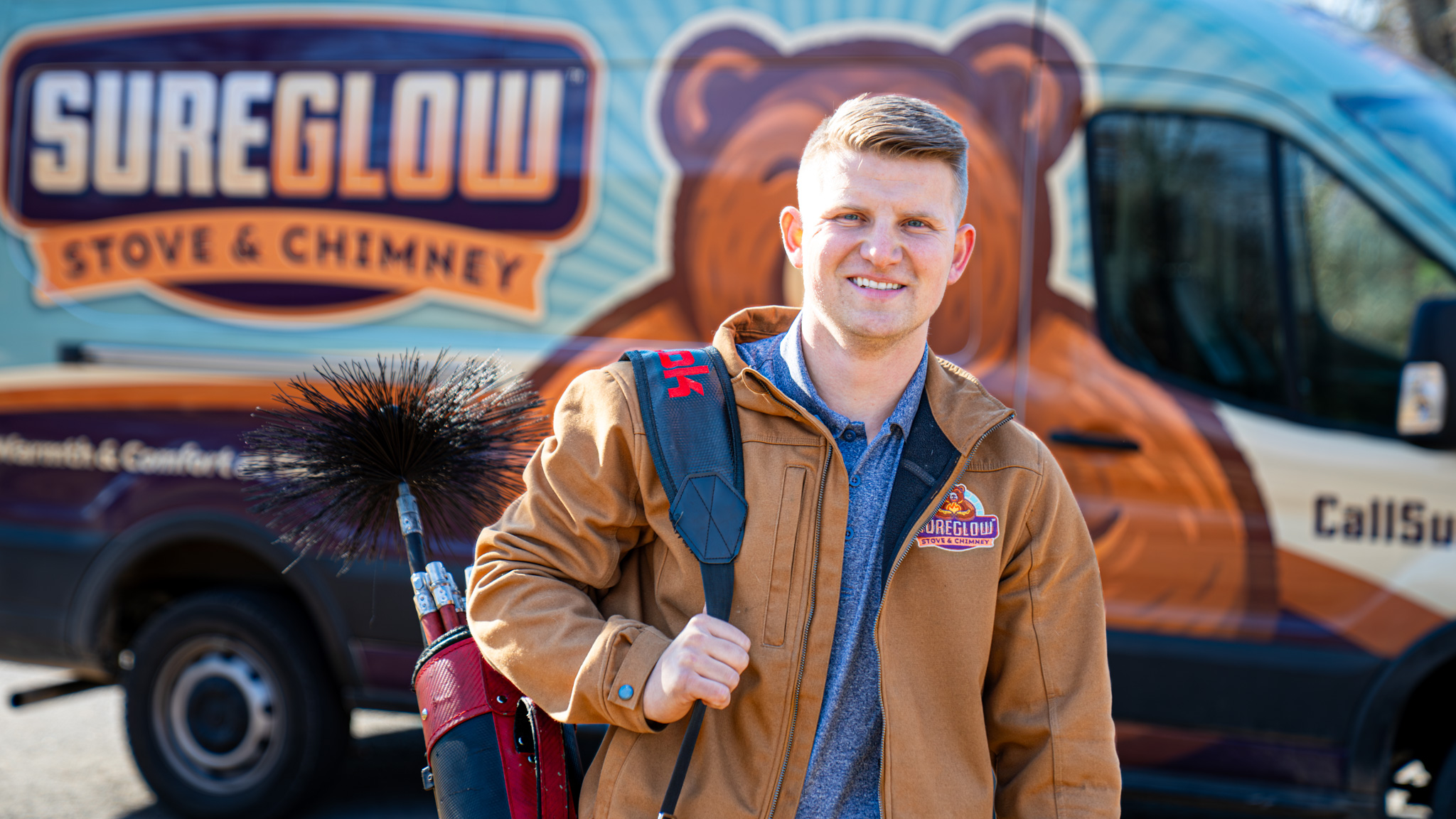
3 YEAR MEMBERSHIP
SureGlow Service Plan
keep your chimney safe and ready to burn each year!
SureGlow Stove and Chimney offers a 3 Year Service Plan that provides you with an annual sweep and inspection at a highly discounted rate and keeps you locked into that rate for all 3 years.

Check Out Our Other Offers In Cassville, MO
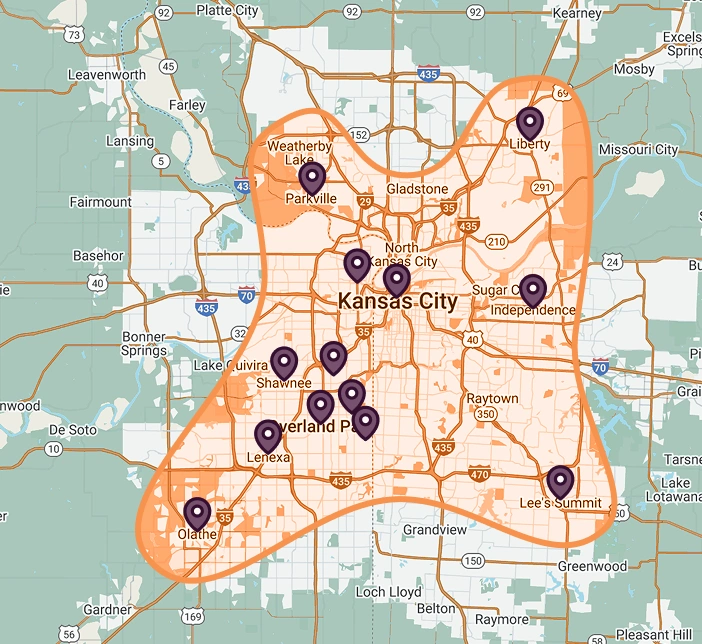
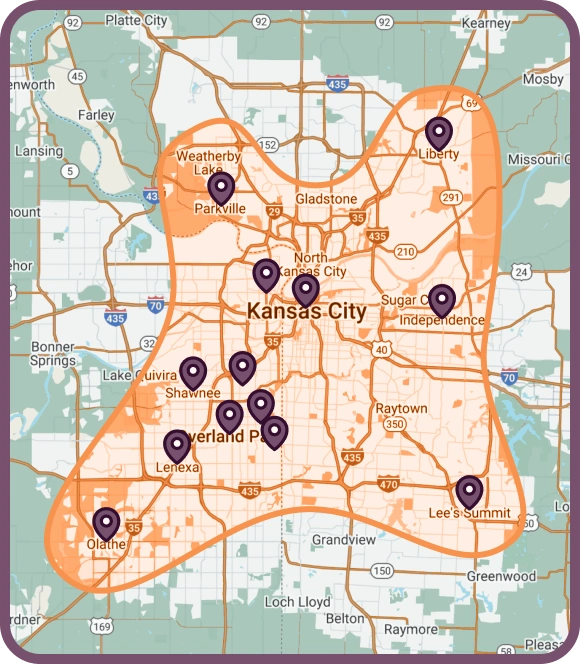
WHERE WE SERVE
we get the job done in the greater Kansas City, MO area
SureGlow provides top notch Chimney and Fireplace Services in these cities & more!
- Kansas City, KS
- Leawood, KS
- Overland Park, KS
- Lenexa, KS
- Shawnee, KS
- Olathe, KS
- Topeka, KS
- Prairie Village, KS
- Mission, KS
- Kansas City, MO
- Lee’s Summit, MO
- Parkville, MO
- Liberty, MO
- Independence, MO
More Chimney services offered in The Kansas City Area
No matter what Chimney issue you are facing, you can rest assured knowing that our team offers a full range of Chimney services, including:
we offer financing options to Suit your needs
Frequently Asked Questions About Chimney Leak Repair
Whether or not your homeowner’s insurance will cover your chimney leak depends on your particular policy. When you do have a chimney leak, you can rest assured that the SureGlow Stove & Chimney team will work with your insurance company to ensure any damage is properly documented for a claim. Contact our friendly Customer Service Representatives at (417) 582-7853 for more information today!
There are several reasons why a chimney may start leaking, including damage to the chimney cap or crown, severe weather, damaged flashing, and spalling bricks. The mortar of your chimney’s masonry is also susceptible to leaks if cracked, worn away, or otherwise damaged. You’ll need a trusted expert to inspect your chimney for the specific cause of the leak, so be sure to call the SureGlow Stove & Chimney team when you suspect a chimney leak.
Although chimney leaks may not seem serious at first, if left unaddressed, they can lead to a host of problems for the rest of your Cassville, MO home. Like most leaks, moisture issues will lead to mold growth and, in severe cases, structural damage. That’s why it’s so important to promptly address chimney leaks by scheduling a chimney leak repair with the SureGlow Stove & Chimney experts.
Chimney leaks occur when the chimney system becomes vulnerable or deteriorates, such as damaged bricks, cracked mortar joints, or damaged chimney flashing. These vulnerabilities are typically caused by various factors like age, severe weather, and poor construction or maintenance. Don’t ignore a leaky chimney! It can not only deteriorate your chimney, but it can also lead to damage throughout your entire home. That’s why it’s crucial to contact your local chimney experts at SureGlow Stove & Chimney at the first sign of a leak, so any damage can be fixed before it spirals into more expensive repairs.
If you have a chimney leak, the best course of action is to call the licensed and certified chimney professionals at SureGlow Stove & Chimney. We will inspect your chimney to determine the source of the leak, then recommend and perform the necessary repairs to fix the leak. We won’t start any work without your permission, and we’re happy to provide you with a free cost estimate upon request. Call (417) 582-7853 to get started with your chimney leak repairs today!
Common Warning Signs of a Chimney Leak in Cassville, MO
Chimney leaks are a common problem that many homeowners face. Recognizing the signs of a chimney leak is important so that you can detect them early on and repair them before they cause further damage. Some of the signs that you may have a leaky chimney include:
Water stains in your home need to be addressed promptly, as they will only lead to extensive moisture damage down the line. This could be caused by a roof or chimney leak, so be sure to have our team of experts inspect the source of the problem!
Damp or musty odors are often caused by mold growth due to excessive moisture in your chimney. If left untreated, mold may cause health problems, so address it promptly!
White stains, or efflorescence, occur when water evaporates on masonry, bringing minerals to the surface. If you notice white stains on your chimney, it’s essential to investigate the source of the water damage.
